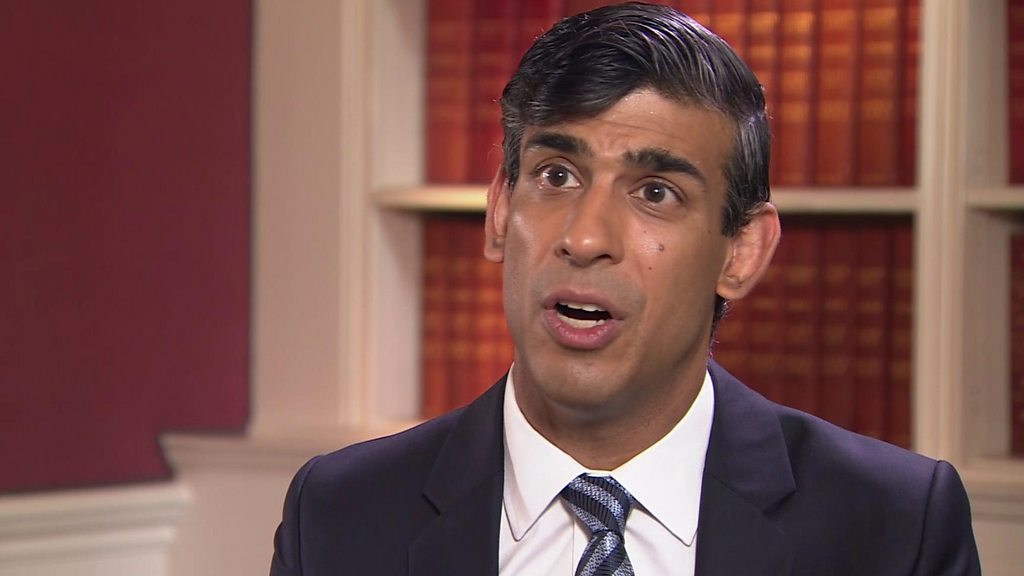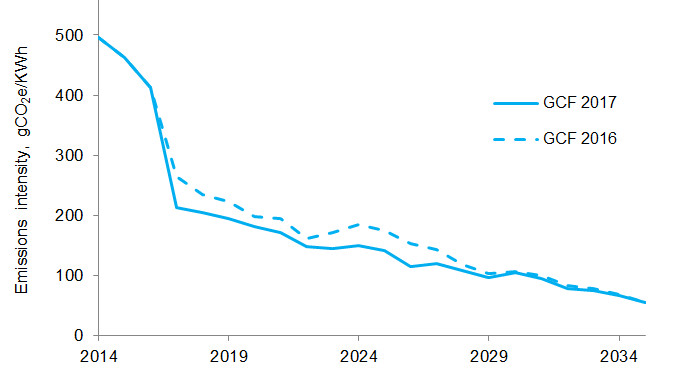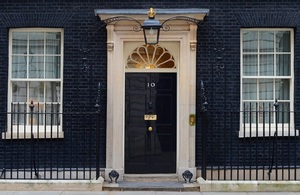Carbon tax on heating gas and oil
The prime minister and the chancellor have ordered each Whitehall department to produce a "price for carbon emissions" across all areas of the economy as part of a drive to achieve the Net Zero carbon target by 2050.

The proposals are at the centre of the carbon reduction blueprint that is expected to be announced in the run-up to COP26, the United Nations' climate change conference being hosted by the UK in Glasgow in November 2021.
Currently only heavy industry, power generation and airlines are charged for the carbon emissions they release. Ministers want to expand this to cover other carbon-intensive goods and services including the use of gas for heating.
The proposals should lead to a switch from the huge "environmental and social" charges on electricity, which add 23% to the price on electricity bills, to a carbon tax on gas, which currently only suffers a 2% uplift.
The main obstacle to heat decarbonisation
These "environmental levies" have been the main obstacle to the decarbonisation of heat in the UK and the reason that the uptake of heat pumps has been so slow in this country.
Sales of heat pumps in Sweden are 35 times higher than in the UK, per head of population.
Many experts have welcomed the new proposals, but warn that ministers may need to ensure that vulnerable families are supported. Others have pointed out that the increased taxes on gas would be balanced by the reduced cost of electricity bills. Many of those most vulnerable to heat poverty currently rely on direct electric heating and their position would be alleviated by a reduction on the current excessive tax on electricity.
Almost everyone agrees that radical changes will have to be made if the UK is to meet its target to achieve Net Zero by 2050. A carbon tax on the burning of fossil fuels should be the first logical step in addressing the climate change issue.
It will also be helpful in improving the health of the nation, as reduced burning of fossil fuels will also improve air quality and contribute to a healthier environment.

Grid Carbon Factors
The BEIS projections of the Grid Carbon Factor of UK electricity have fallen again for each of the years to come. BEIS published its updated report on 11 April 2019 and the falling carbon factor of grid electricity is a further reason to accelerate the move toward the electrification of heat in the UK.
Climate Change Committee advice on Sixth Carbon Budget
The CCC recommended on 9 December 2020 that from 2028 no further oil burning boilers should be installed in UK homes (new or old) and that from 2033 no new gas boilers should be installed.
Petition
If you believe the government should reduce taxes on electricity to allow people to install heat pumps, then please sign the Heat Pump Petition and please encourage others to do so too.
See Ground Source Heating See Ground Source Cooling See Ground Source Energy

